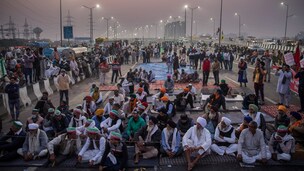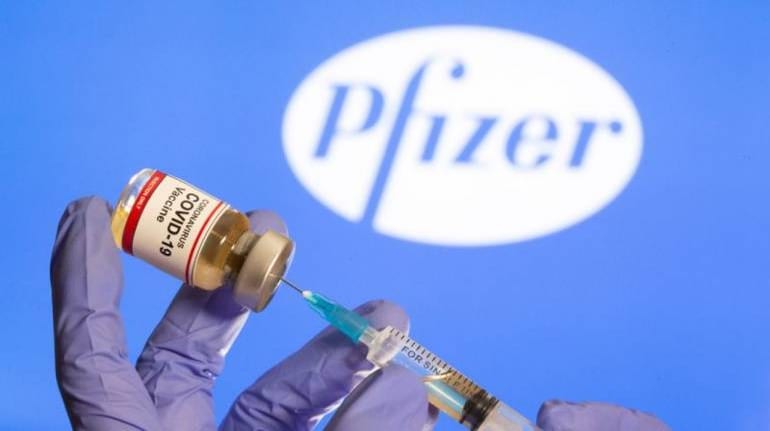Regulators in the United Kingdom (UK) on December 9 said two suspected allergic reactions have been reported from Pfizer's coronavirus vaccination drive that began yesterday.
"Last evening, we were looking at two case reports of allergic reactions. We know from the very extensive clinical trials that this wasn't a feature," June Raine, Chief Executive of the Medicines and Healthcare products Regulatory Agency (MHRA), told lawmakers, according to news agency Reuters.
"But if we need to strengthen our advice, now that we've had this experience in the vulnerable populations, the groups who have been selected as a priority, we get that advice to the field immediately," the official said.
Following this, Britain's medicine regulator has advised that people with a history of significant allergic reactions do not get Pfizer-BioNTech's vaccine.
Follow our LIVE Blog here.
"As is common with new vaccines the MHRA (regulator) have advised on a precautionary basis that people with a significant history of allergic reactions do not receive this vaccination," Stephen Powis, national Medical Director for the NHS, said.
Public health officials in the UK are asking the public to be patient because only those who are most at risk from COVID-19 will be vaccinated in the early stages. Medical staff will contact patients to arrange appointments, and most will have to wait until next year before there is enough vaccine to expand the program.
"I think there's every chance that we will look back on … (Tuesday) as marking a decisive turning point in the battle against coronavirus," said Simon Stevens, the CEO of England's National Health Service.
Read | Pfizer vaccine: Second person in world to get Covid jab is named William Shakespeare
The first 8,00,000 doses are going to people over 80 who are either hospitalized or already have outpatient appointments scheduled, along with nursing home workers. Others will have to wait their turn.












_2020091018165303jzv.jpg)



























